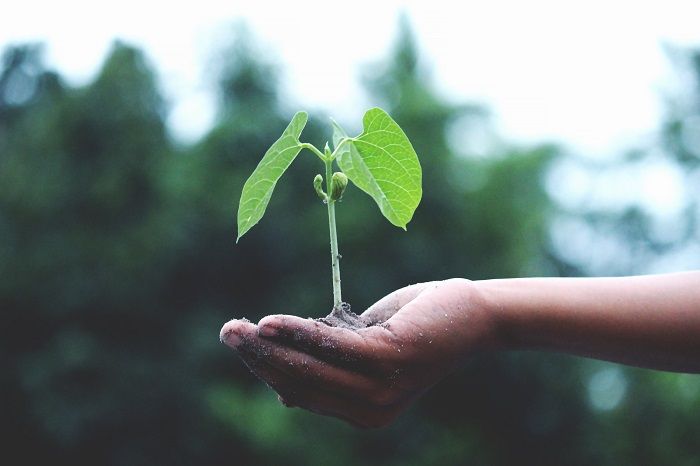Exploring nuclear technologies to foster agriculture sustainability in the Eastern Caribbean
OECS Media Release
A delegation from the International Atomic Energy Agency (IAEA),), in response to a request from the OECS Commission to support the sustainable development of livestock and plant production systems utilizing nuclear energy, mounted a fact-finding mission to the OECS as a precursor to the development of a technical cooperation package to the region during the period 23-27 April 2018.
IAEA plays a critical role as a specialized agency of the United Nations and the world’s International Centre for Cooperation in the nuclear field. The organisation seeks to promote a safe and peaceful use of nuclear technologies. Consequently, support is provided to countries through IAEA Technical Cooperation in many areas such as health and nutrition, food and agriculture, water and the environment, energy planning and nuclear power, industrial applications and radiation technology, safety, and nuclear knowledge development and management. Participating countries benefit from scientific visits, training courses, workshops and seminars, expert assistance, and the provision of equipment and materials.
IAEA is also collaborating closely with FAO through the Joint FAO/IAEA Division of Nuclear Techniques in Food and Agriculture which encompasses many sub-programmes including the Animal Production and Health sub-programme. The sub-programme intends to enhance global food security through the implementation of sustainable plant and livestock production systems using nuclear related techniques.
The OECS Commission solicited the assistance of IAEA and FAO in seven (7) strategic areas:
-
Capacity building to veterinary diagnostic and plant health laboratories;
-
Improved animal and plant nutrition;
-
Improved animal reproduction strategies;
-
Improved plant breeding techniques;
-
Improved plant pest risk analysis and surveillance;
-
Improved epidemiological surveillance of animal diseases; and
-
Improved methods and techniques of technology transfer.
Hence, Saul Pérez Pijuan, Section Head of the Division for Latin American and the Caribbean at IAEA, and Giovanni Cattoli, Head of the Animal Production and Health Laboratory in the Joint FAO/IAEA Division of Nuclear Techniques in Food and Agriculture visited Saint-Lucia where they met with Mr. Dwight Lay representing the office of the Director General, Programme Officer of Agriculture, George Alcee and staff of OECS Commission.
While in St. Lucia, the delegation met with stakeholders from all sectors and conducted a virtual meeting with other OECS Member States and institutions. The IAEA delegation also visited the new diagnostic lab and other labs in St. Lucia. Delegates pursued visits to Grenada and Dominica.
That first mission provided stakeholders with an opportunity to acquire knowledge about the IAEA and to discuss areas of development and technical cooperation to the region.
Discussions to finalize a regional implementation plan for the sustainable development of the region are underway.
IAEA and FAO support is timely as agriculture management remains vital for populations of the Eastern Caribbean, especially in a context of post-hurricane revitalisation.
| This story aligns with OECS Strategic Objective No.5: Drive Key Economic Priorities. |









